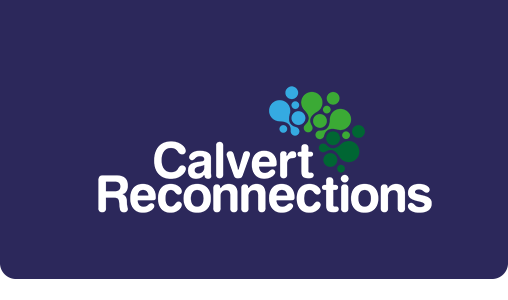A 21-year-old man who suffered a horrific brain injury in a road traffic accident says a groundbreaking new approach to rehabilitation has transformed his life.
Nick, from Birmingham, was a pillion passenger on a motorcycle when it was struck by a speeding car in December 2017.
Nick was in a coma for 11 days and spent 2 months in Birmingham Children’s Hospital. On 2 occasions his parents were told that he wouldn’t survive his injuries.
“I was thrown 60 yards through the air and nearly died as a result of my injuries,” explained Nick.
“After being discharged from hospital, I couldn’t control my behaviour. I was on the wrong path, full of resentment, anxiety, depression and anger. I didn’t feel like my life was worth living. I hit out at those closest to me. I was in physical and mental turmoil.”
In May 2023, Nick began a nine-month programme of residential brain injury rehabilitation at Calvert Reconnections.
Calvert Reconnections offers a new approach to brain injury rehabilitation, combining cognitive and physical rehabilitation with vocational and outdoor activities delivered in a non-clinical environment. Activities range from reflective pursuits such as fishing, bird watching or a nature walk to higher adventure activities such as horse riding, canoeing, rock-climbing and abseiling – all closely assessed and graded to a person’s interests and functional abilities. Since the centre opened four years ago, its approach has generated global interest with a delegation of rehab specialists from Japan visiting the Keswick last year and declaring “there’s nowhere like this anywhere in the world”.
Continued Nick: “Going into a clinical, hospital style environment wouldn’t have worked for me. I would have hated every single minute.
“At Reconnections, my rehab plan involved activities such as fell walking and canoeing. It didn’t actually feel like rehab, but my body started to respond, both mentally and physically. I’ve achieved things I simply didn’t think possible – and I’ve seen others do the same.”
After six months, Nick was able to move from the main centre into one of Calvert’s independent living flats where he has focused on a range of daily living skills. He is now set to move into his own home later this year.
Nick has also written and recorded a series of songs charting his recovery and started his own YouTube channel to inspire others.
“I feel like my life is worth living again,” he added. “I was in a mess when I arrived at Reconnections. I’d almost given up. After everything I’ve been through, being able to live independently again feels like a miracle. The doctors saved my life but it’s my stay at Reconnections that’s made my life worth living. There’s something very special about their new approach to brain injury rehab.”
Claire Appleton, Head of Service at Calvert Reconnections, says Nick’s recovery is typical of the outcomes the centre is achieving.
“As a service, we are constantly striving to expand the horizons of what is possible with brain injury rehabilitation,” explained Claire.
“People with ABI can sometimes find the set procedures of neuro-rehabilitation too clinical, inflexible and impersonal.
“Our expert clinical therapy team combines cognitive and physical rehabilitation with vocational and outdoor activities delivered within a unique non-clinical environment.
“Our use of outdoor activities differentiates our service from other rehab providers but so too does the depth of expertise within our clinical team.
“Our outcomes add to the growing evidence that physical and outdoor activity promotes neuroplasticity post-brain injury whilst also improving people’s mental health, outlook and wellbeing.”

